The latest release of Linux 5.19 has more of an Apple angle than usual, with Linus Torvalds releasing it using an M2 MacBook Air running a version of Linux ported to Apple Silicon.
Linux, like other operating systems, receives updates periodically, with the open source software being no exception. Linus Torvalds, the driving force behind Linux, recently released version 5.19 of the operating system, enabling maintainers of the different Linux variants to incorporate the changes.
Spotted by Asahi Linux, Torvalds has passed comment about the use of Apple products in an email to the Linux Kernel Mailing List. Posted on Sunday, Torvalds writes "the most interesting part here is that I did the release (and am writing this) on an arm64 laptop," referring to the use of Apple Silicon.
Torvalds doesn't specifically name the model of Mac he is using. But, Asahi Linux claims it is an M2 MacBook Air running its port.
"It's something I've been waiting for for a loong [sic] time, and it's finally reality, thanks to the Asahi team," Torvalds continues. In July, the Asahi Linux for Mac project released an update that added Mac Studio support as well as experimental M2 support and fixing Bluetooth.
Torvalds mentions that there has been arm64 hardware running Linux for a while, but that "none of it has really been usable as a development platform until now."
This marks the third time Torvalds has used Apple hardware for Linux development. He previously did so "for powerpc development on a ppc970 machine," then over a decade ago with the MacBook Air as it was "the only real thin-and-lite around."
He admits its usage has been limited, as it hasn't been used "for any real work" so far. It has been used for "doing test builds and boots and now the actual release tagging."
Torvalds anticipates using it while traveling "and finally dogfooding the arm64 side too."
 Malcolm Owen
Malcolm Owen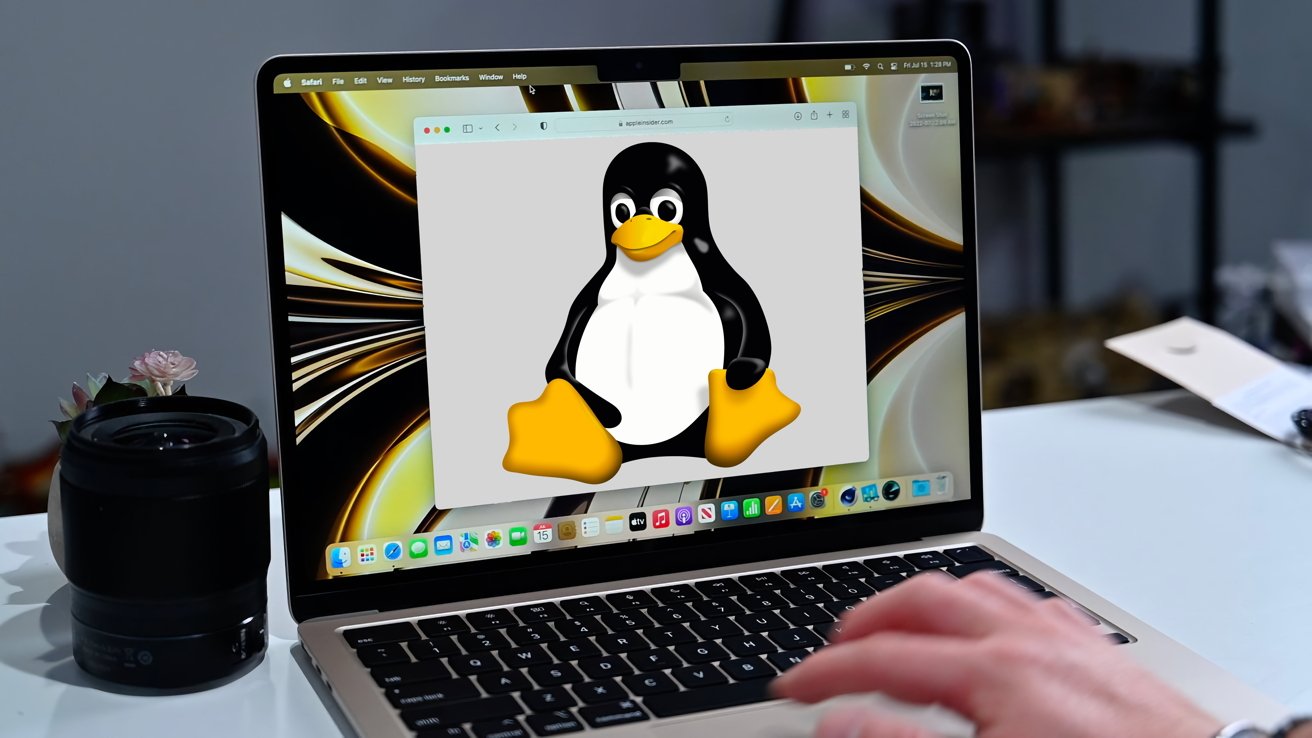


 William Gallagher
William Gallagher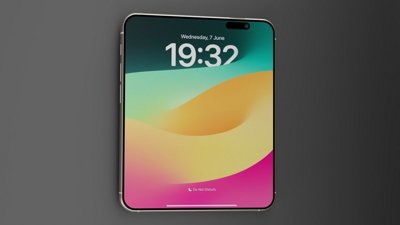
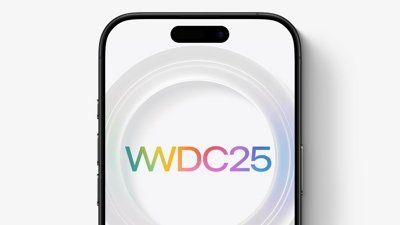

 Andrew Orr
Andrew Orr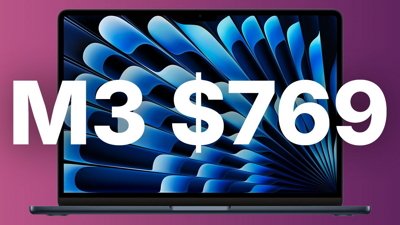
 Christine McKee
Christine McKee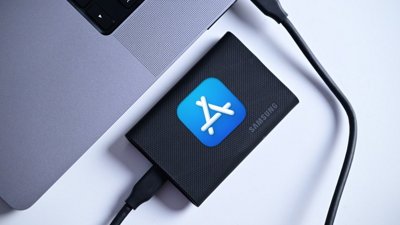
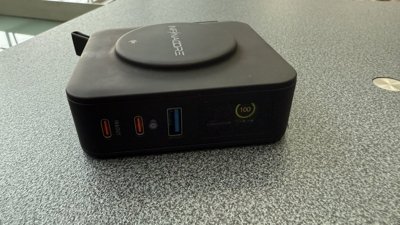
 Thomas Sibilly
Thomas Sibilly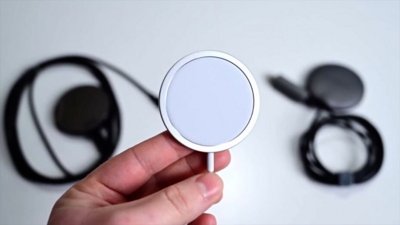
 Andrew O'Hara
Andrew O'Hara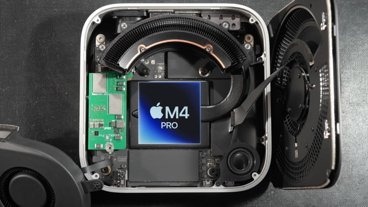








17 Comments
Why not? Experiencing absolute kickass performance, running on a single solar panel on your roof ;)
“Dogfooding” has join the lexicon of latter day tech weenies I see.